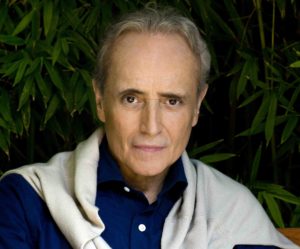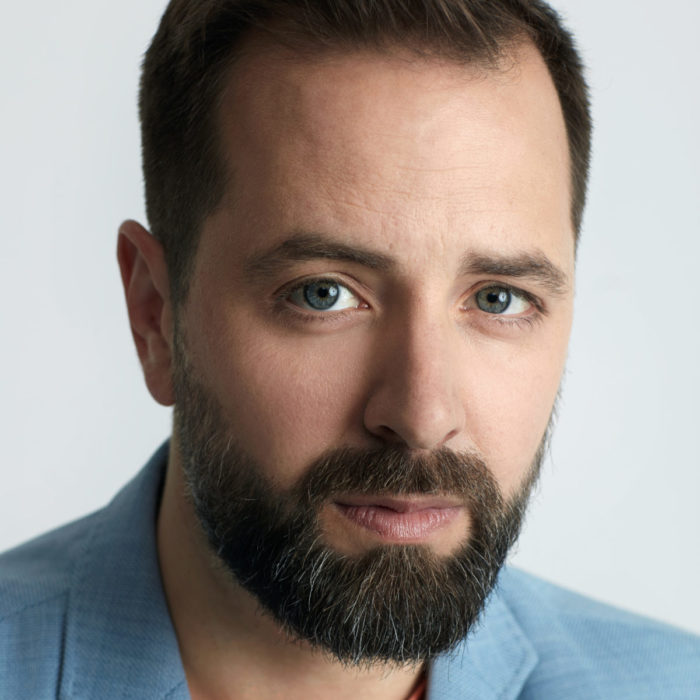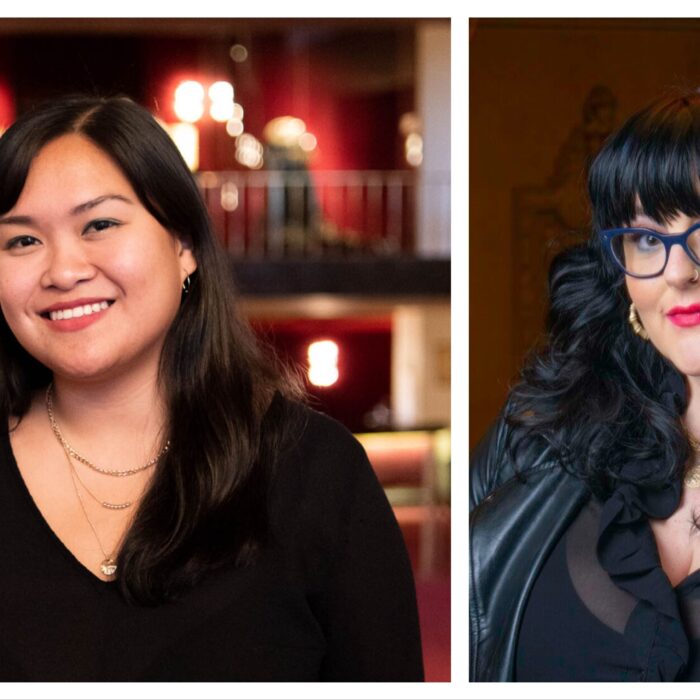
Q&A: Jose Carreras On His Farewell Tour And His Future Projects
By Francisco SalazarJosé Carreras will always be remembered as part of The Three Tenors. But for opera lovers, he will be remembered for his expressive and gorgeous voice that resonated throughout the world’s greatest theaters. He sang over 60 roles from operas by Verdi and Puccini and created memorable productions including the famed Franco Zeffirelli production of “La Bohème” at the Metropolitan Opera.
In the late 1980s, Carreras, while filming a movie of “La Bohème,” was diagnosed with Leukemia, which threatened to end his operatic career. However, after recovering he went on tour and prolonged it. Carreras also went on to found the José Carreras International Leukemia Foundation in 1988 as a way to repay his debt.
After a historic career that spanned decades, numerous recordings that sold millions and performances around the world, Carreras is finally calling it quits. The tenor, now 70, has his farewell New York recital on Sept. 28, 2017, at Carnegie Hall, a night that promises to be emotional on many levels and one that will showcase the tenor in some of his favorite pieces.
OperaWire had a chance to speak with Carerras about his career highlights in New York and what his future holds.
OperaWire: Why did you choose to do your final world tour in 2016? Why is it the right moment and why did you choose to do it over a few years?
José Carreras: Last year I turned 70. There is not too much time left for a big world tour which is time-consuming and also exhausting. So it will take years for sure. “A Life in Music“ reflects all the music which I have sung or recorded in my entire career. I think it is a great selection.
OW: Why did you choose Carnegie Hall for New York audiences and what can audiences expect from the final tour? What music will be featured and how was the program chosen?
JC: Originally I had the crazy plan to go to all the places where I enjoyed doing concerts in my life. But it turned out that this is unfortunately not possible. Therefore I decided that to go to most of the concert halls around the globe where I have great memories, and to some cities, I have never been before. Of course, New York and Carnegie Hall is such a mystical place. It is a MUST and great honor!
OW: Tell me what Carnegie Hall means to you? What is it like to return to such a revered venue and what makes this theater so special?
JC: Well it means a lot to me to return to Carnegie Hall as I had the privilege to perform in this great hall in 1972 for the first time! It was in a concert version of “I Lombardi.” Later I had the pleasure to sing several times in this wonderful hall … and now after some years.
OW: What are some of your favorite moments singing in Carnegie Hall?
JC: I had some magical moments at Carnegie Hall in recitals for instance – because the hall has this special atmosphere which forces an artist to try to give his absolute best. I try this of course in each concert or recital but in this hall, one gets an extra kick. Like in the Royal Albert Hall or in La Scala in Milano or in Konzerthaus Vienna…all very special halls. And of course, it is important that New York audiences are fantastic and know a lot about music!
OW: What are some of your favorite moments singing in New York?
JC: Oh, so many! Performances at the Metropolitan Opera, Radio City Music Hall, Carnegie Hall but also the legendary recording of “West Side Story” with Maestro Leonard Bernstein.
OW: Once you conclude your tour, what are some of your plans? Will you work with young singers or do master classes?
JC: The tour will continue but I think of course about what will happen after that. For two years I have been doing masterclasses in Pesaro – but my greatest goal will be to work even more intensely for my leukemia foundation! Our big goal is that leukemia one day becomes curable for everyone.
OW: Can you tell me a little about The José Carreras International Leukemia Foundation and how it has developed over the years? How do you think it has contributed to the scientific development and how has it helped families?
JC: I can say that so far we did an excellent job to help finance scientific projects, outpatient clinics etc. and, with the help of many people, we were able to collect over 220 million euros! And very soon we will inaugurate the new Carreras Center in Barcelona. On this campus, scientists will conduct the search for treatments against this terrible disease from which I also suffered.
OW: What is some advice you would give to young singers starting out in the opera world? What do you think helps maintain a healthy and long-lasting voice?
JC: For advice, I would say: talent, which is indispensable. I think that discipline is the most important part in a singers life.
OW: Looking back on your career, what are some of your highlights and why?
JC: Well, I consider myself a very fortunate person as I had the opportunity to work with the best orchestras, the greatest Maestri like Herbert von Karajan, at the best Opera Houses and Festivals in great roles, so it is hard to choose milestones. If I have to choose some I would say my first performance at La Scala in Milano, and “La Bohème“ performance in Vienna. After the end, we had 45 minutes of standing ovations. I would also include my comeback concert after the illness in Barcelona, and The Three Tenors concert in Rome.


